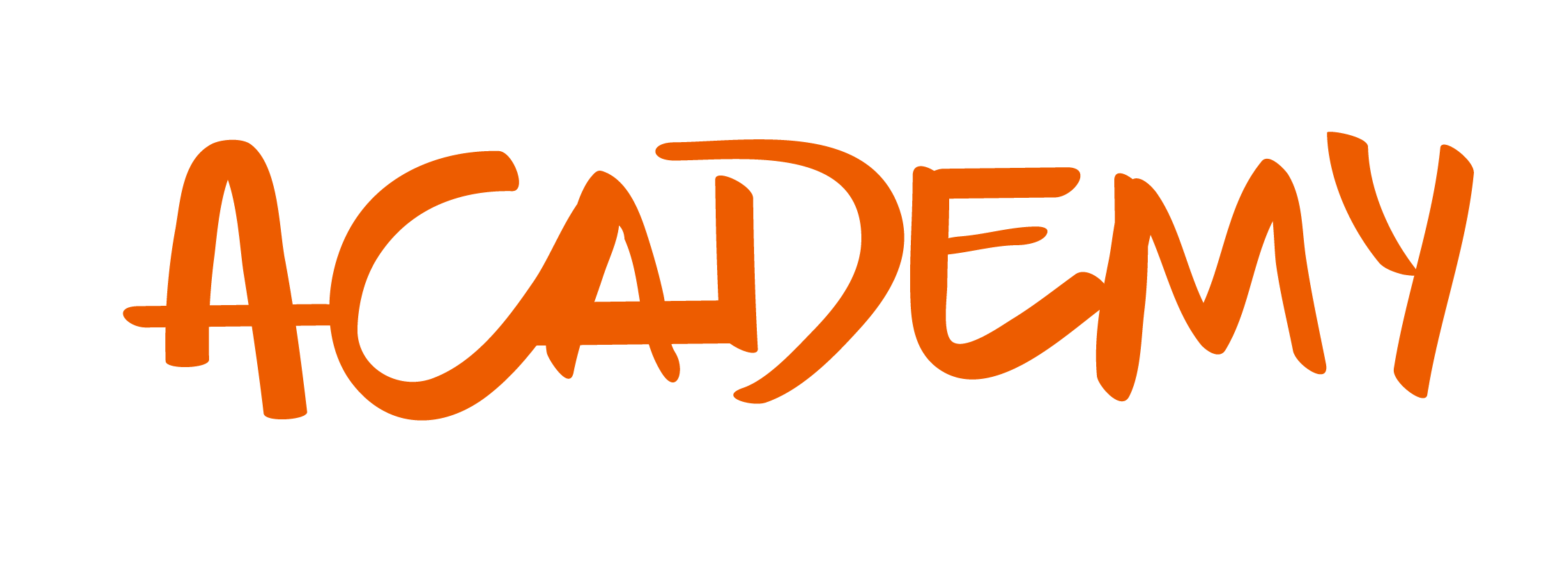The Marketing and Advertising industry is full of variety and complexities. It’s a mixed market, with some agencies taking a horizontal approach, and others a more vertical one. We all know that the technological advances in the world have given the human race the possibility of reaching new depths in every subject. From medicine to entertainment, marketing and advertising are not immune to the specialization happening in every market and field.
Is specialization the best way for marketers and advertisers to improve their agencies? What is lost and what is gained? Let’s take a closer look.
Open View of Specialization
Specialization can be a great thing for your business. It can allow your agency to carve a niche market and help you position yourself as an expert specialist in one field. It is what makes surviving in crowded markets a possible thing. It can even help you in recruiting and talent acquisition. Once you already have a service to push forward as your specialty, you can look for the best talent for that position, instead of onboarding generalists and then training them in the skills you require.
The market for advertising and marketing agencies can be undifferentiated. With the rise of digital marketing needs for every brand, product, or service, the demand is also growing. In such a landscape specialization is vital.
Even when it sounds like the only way of rising through the ranks is providing a specialty marketing service, many agencies had a terrible experience in 2020. Specialization can be very dangerous, because even if you are at the top of a certain market, that market may be blitzed out of existence come morning.
This was the experience for many agencies that had an industry specialization in the fitness and gastronomy industries. No one had any indications that those markets could be in jeopardy until a global crisis exploded. This thought is not meant to be alarmist, it’s a simple reminder that putting all your eggs in one basket can be a peril to your operation. And if you only cater to a certain niche market, or depend on a single skill, pivoting can be hard, or almost impossible, when things start to fall apart.
But it is possible to see when specialization becomes unsustainable even without a market fallout. Narrow skill sets can be outsourced, or even hired for the in-house market by brands themselves. The demand for that specific and key ability can even shift over time and become an unappetizing service.
So, niche markets can erode over time due to multiple factors, and a specialty service can lose demand due to new technologies or a simple evolution in the market. You can even become prey to your own differentiating factors, falling into a 1-service-role marketing team. But at the same time, specialization is almost a requirement for any agency to keep up with the competition and gather new businesses. This is the basic dilemma.
Specialized vs. Generalist
So, if a specialized agency could be affected radically by a small shift in the market or in new technologies, should agencies play it safe and just go through the generalist approach? It could be.
General marketing agencies offer varied services like social media marketing, offline advertisements, eCommerce, content marketing and SEO, PPC actions, email marketing. They call themselves a full-service agency, and that’s exactly what they can do, they can help a small business from the get-go and design a holistic campaign.
But what happens when specific business needs arise?
Depending on the business and their development path, some agencies can be a better fit for certain moments. If a company is just beginning, they may want to hire a creative agency with a focus on branding, or if they are trying to grow their operation they may choose to deal with a marketing agency specializing in lead generation and conversion.
Some generalist agencies can offer these types of services, but the problem is that they are in direct competition with operations that are experts in their field. Agency size is not an issue here, expertise and years of experience are. By specializing it’s easier to find the clients you want, and they are more likely to find you. If you have a plumbing problem, for example, you are not going to call an architect, you call a plumber.
What’s the takeaway? The better and more secure path is to become a specialized agency with a generalist mindset and core services while keeping a look at diversifying markets.
Building a Specialized Agency
Specialization usually focuses on 3 areas: Skill, offering a specific skill set and services, Target market, finding a niche market, or Location, concentrating on a defined area. Most agencies nit and pick what works best for them, and use a mixed approach to specialization.
Benefits
There are some clear and transparent benefits for those who choose to specialize.
Better and faster deals
It’s easier for customers to take a chance with you. If they haven’t worked with your agency before, it’s easier to trust your pitch if you have abundant experience in the service they wish to hire.
Project management optimization
Creating templates, streamlining teamwork, and optimizing billable hours is easier if you have an organized work structure. This is simple to achieve if you have a popular set of offered services. Minimizing project delays and improving optimization.
On the contrary, if you offer multiple types of projects that are not always demanded, when a team needs to deliver results, they will first need to get a handle on learning to do something they usually don’t do. They will need to create a way of working, and that’s not an easy task to do.
Better content marketing
When you have managed to find your target customers or narrowed them down in a vertical market, you can dedicate time and energy on improving content complexity and resonance. You will be in a position of knowledge, having acquired the best way of producing content for the niche market in which you deal.
Better search engine ranking
When customers search for advertising and marketing agencies that cater to a certain industry it is easier for them to find you. And there’s an important decrease in ranking competition when you search for a specific service in a specific industry. It’s the difference between searching for “Good Marketing agencies” and “Marketing agencies for dentists” for example.
Improved client communication.
The trust a customer deposits in your expertise is greatly augmented if you actually know their designed target audience. When negotiating fees this can play a very important role for project profitability and for a simpler way of getting ideas across to the client. And it also improves client retention, since you already know the challenges they usually face you are in the best position of focusing on what works best for them at any specific time.
Objections
On the other hand, not every agency can choose to specialize, and it may not always be the smartest choice. For agencies that simply prefer to do varied work, or for those that work in a small area with a low population density and won’t find many clients in a vertical market. Let’s see what are the usual hurdles for agency specialization.
Specialization means no more variety
Wishing for a diverse set of projects in different areas and markets is perfectly understandable. Usually, creatives and marketers don’t come into this field wishing to always do the same type of project for the same type of client. But there can be many different ways of realizing the client’s vision while being creative.
Specialization doesn’t mean doing the same thing. You can cater to different customers in the same industry, and their needs will be different. The solutions will be individual, even if the industry or niche is shared. The craft lies in this very issue, renewing ideas, improving processes, creating new ways of achieving better results. Creativity and innovation at its very best.
Specialization means reducing the client pool
This is simply false, the client pool should be depending on the size of your agency and not on the type of service you provide. You don’t need new clients and 1000 projects each month. You need to find the best clients for you, that is something that happens when you can measure your profitability and get better margins all around.
It’s better to have loyal clients on the retainer and not a myriad of outbound clients. And let’s remember that geography is no longer a barrier, working remotely can help you specialize while being in a secluded location.
Stages on Specialization
Specialization is no easy feat, but it is a possible shift for many generalist agencies. In order to take the step and build a specialization plan you need to know some key data points:
- Who is your agency’s target market?
- What services are used by the most profitable clients?
- What are your attractive core values for out-of-area clients?
- Will specialization reduce competition?
- Will specialization improve current relationships with clients?
In the current landscape, it is easy to feel that you need to specialize, but it could stunt the possible growth of the agency if it is done in a narrow way. The path to better agency life and growth is paved by data and metrics.
In order to reach the best possible mixture of agency specialization and general services for your agency is to have a clear and transparent idea of your internal operations and project profitability. With COR you can cross-reference information about clients and services offered with only a click, thanks to the automated report features. You can know what type of project is the one that brings more clients on board, and what services are not cost-effective.
If you want to know what is the next step for your agency, request a demo today, and make better, data driven decisions.















